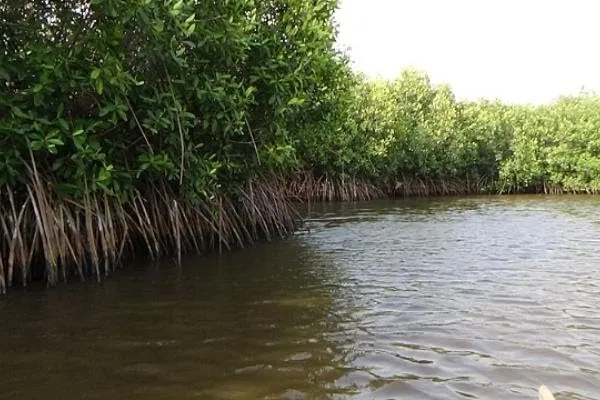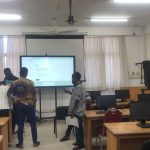The Centre for Biodiversity Conservation Research (CBCR) recently hosted a workshop to engage stakeholders on the issues pertaining to the conservation of the Densu Ramsar wetland and a proposed Wetland Education Centre. The meeting was held on March 22, 2024 and led by Mr. Emmanuel Nii Attram Taye of CBCR.
In attendance were various dignitaries from both public and private sectors, including Assembly member for Tsokome, Hon. Emmanuel Ayitey, Station Manager at Radio Univers Dr. Sidick Ahmad, Richard Amo Yartey from NADMO, ING. John Koppoe and another representative from GWL, Emmanuel Opoku from CERSGIS, Deborah Darko from CSIR-WRI and others.
The workshop commenced with a presentation from Mr. Taye which emphasized the importance of wetlands, the benefits derived from them and the need for conservation efforts to safeguard them. Wetlands are vital ecosystems that offer key ecological services including provision of habitats for a wide variety of aquatic and terrestrial species, and provision of raw materials for food, clothing and shelter. As the name suggests, wetlands are land areas covered with water, either permanently or temporarily. These areas are essential for supporting life and preserving natural balances in ways such as filtering water, preventing floods, and regulating climate.
In Ghana, wetlands are seriously threatened with degradation due to human activities such as pollution, encroachment, and irresponsible land use, hence reducing their size and their ability to provide the benefits needed for supporting life.
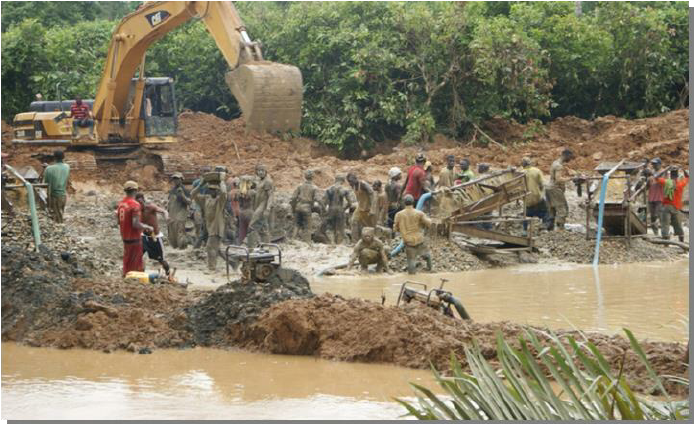
Reports show a notable reduction in the overall area covered; new data show that natural wetland habitats have declined dramatically by 30–40% since the 1990s. The urgency of conservation efforts to save these priceless habitats and the benefits they provide is highlighted by this worrying trend.
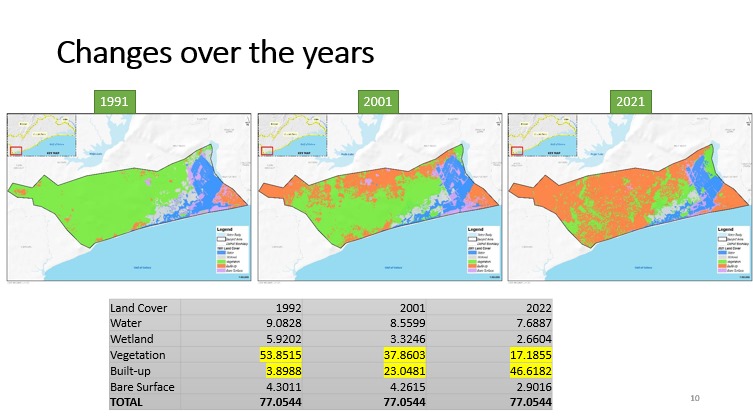
Thankfully, hope arises with the intervention of wetland education centers, which serve as hubs for research, education, and conservation while enabling local people to save their natural heritage. These facilities range from high-tech facilities that can house large numbers of guests to more basic, unmanned ones that can only accommodate a smaller number of patrons.
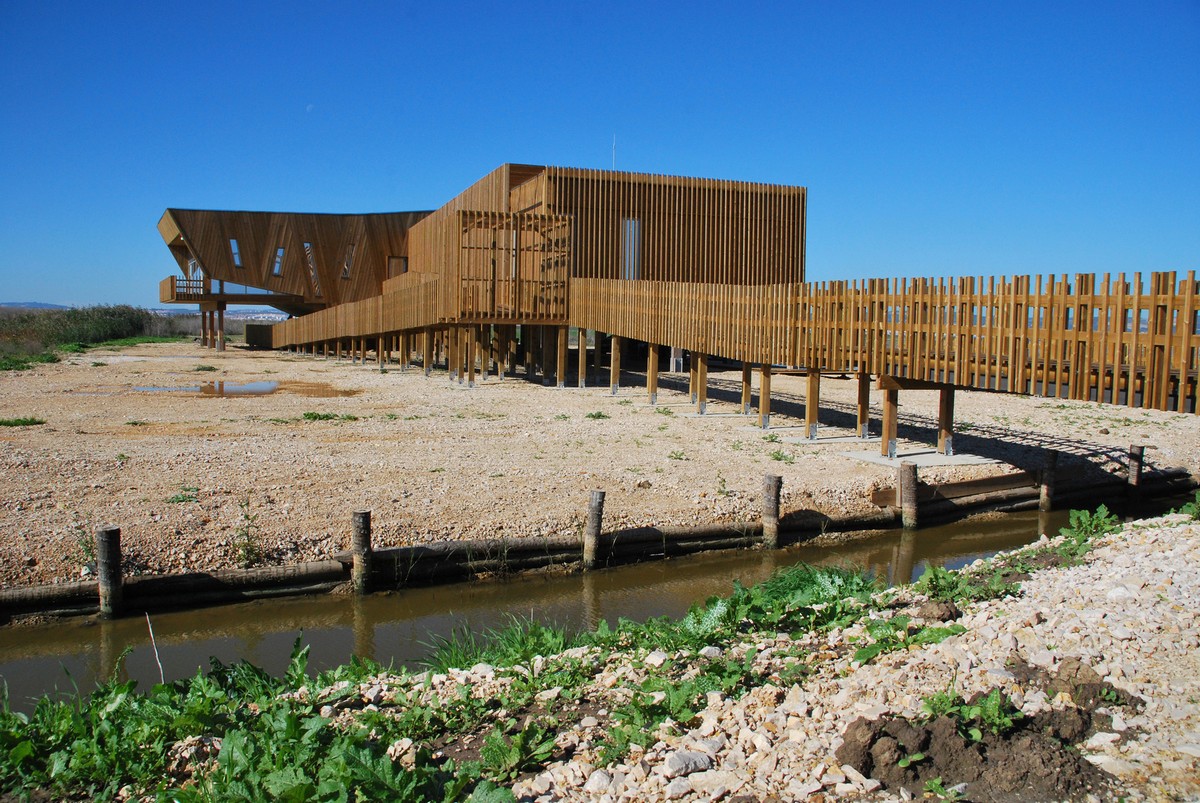
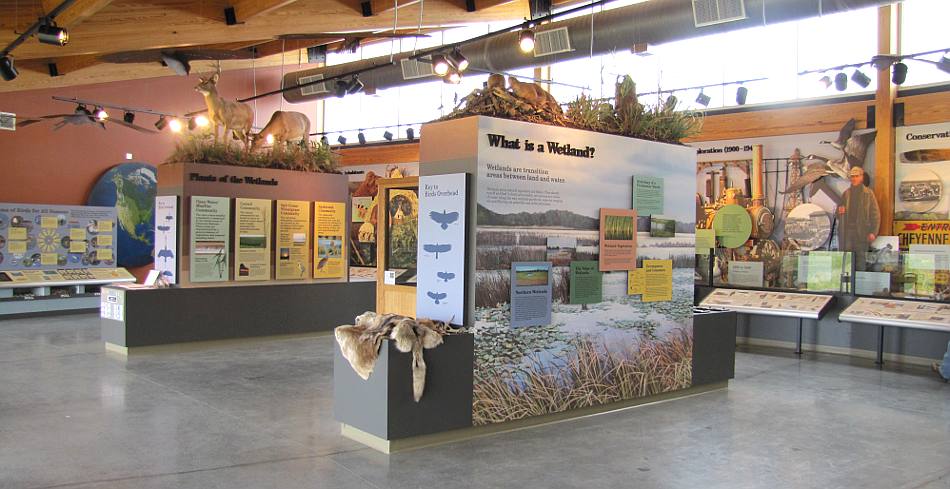
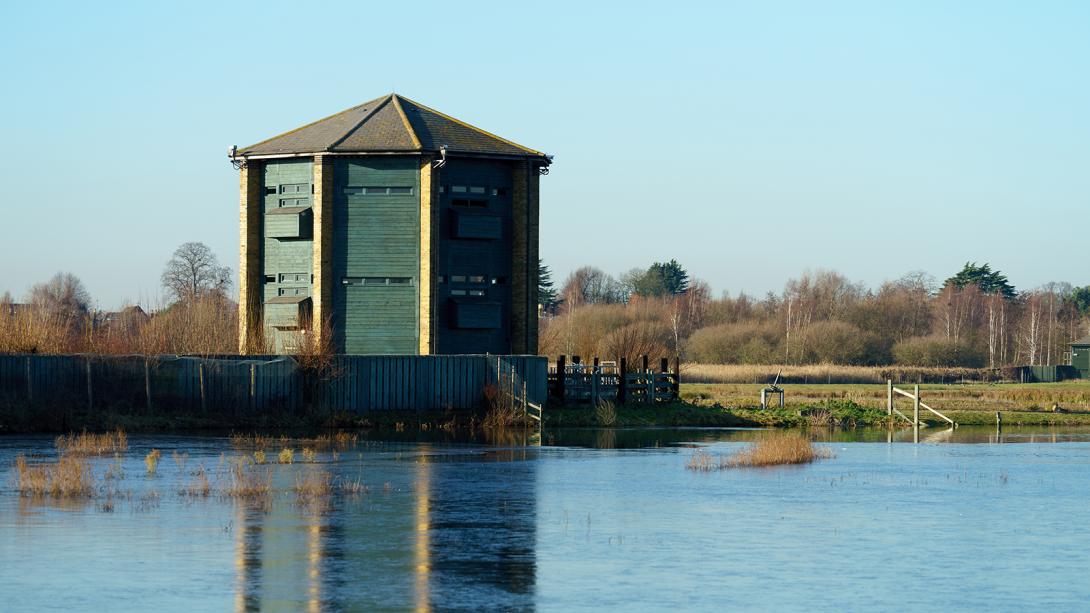
The establishment of these centers in Ghana is encouraged by the Communication, Capacity-building, Education, Participation, and Awareness (CEPA) Programme established by the Ramsar Convention on Wetlands, which aims to raise public awareness of the importance of wetlands and promote the values of conservation and prudent use. Globally, wetland education centers emphasize the value of wetlands and sustainable living while fostering a sense of community among people and the natural world.
In Ghana, the Densu Delta Ramsar Site Educational Centre project is an initiative intended at building a center dedicated to achieving the CEPA programme’s aim.
During a stakeholder meeting based on the project, it was explained that the project would intend to promote a sense of ownership and responsibility for the wetland’s conservation among the community’s citizens by teaching them about its importance.
As the conversation went on, it became evident how crucial teamwork was in solving the problems that wetlands face. In the fight to protect these priceless ecosystems, creative projects, public awareness campaigns, and stakeholder involvement have all been recognized as critical tactics.
Issues like encroachment and inadequate enforcement of regulations were identified as threats to wetlands conservation, but participants remained upbeat, and remedies like river dredging, stringent enforcement of land use regulations, and greater public awareness were included in their suggestions.
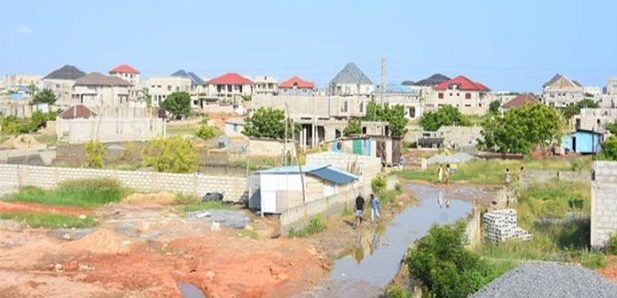
Another challenge mentioned was the political influence of beneficiaries from developments in wetland areas, such as settlements and other forms of infrastructure. It was remarked that individuals in powerful positions may exert pressure on officials to back off from enforcing regulations.
The path forward is towards preserving Ghana’s wetlands is not easy, as was divulged at the stakeholder’s meeting; it concluded with a call to action for group efforts to protect the Densu Delta Wetland. It is hoped that by raising awareness, advocating for causes, and involving the community, these priceless environments can be preserved for future generations.
–
Story by: Ebenezer Lartey | univers.ug.edu.gh

